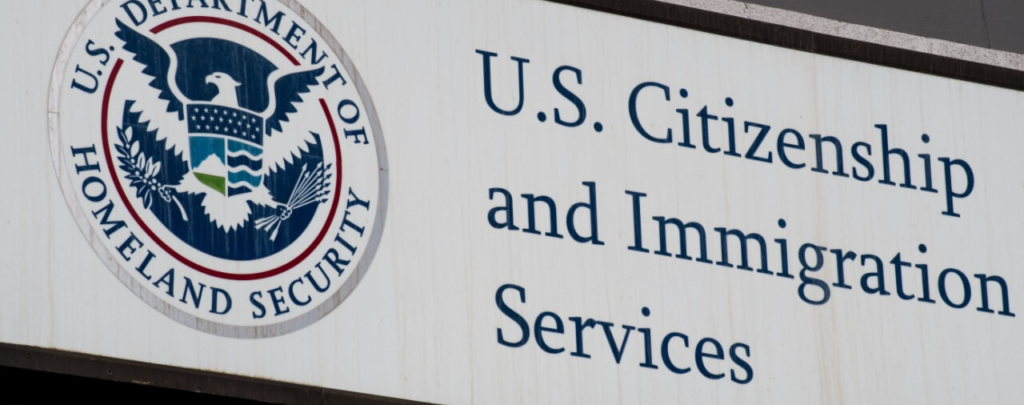On May 25, 2018, the United States Citizenship and Immigration Services (USCIS) announced that the Department of Homeland Security (DHS) is proposing a rule to end the International Entrepreneur Rule [PDF version].
The final version International Entrepreneur Rule was published in the Federal Register (FR) at 82 FR 5238 (Jan. 17, 2017) [PDF version]. The rule allowed for certain individuals to seek immigration parole to develop and build start-up businesses in the United States. The final rule was slated to take effect on July 17, 2017. Notably, it was published three days before President Donald Trump took office.
On July 11, 2017, the DHS published a rule delaying the effective date of the International Entrepreneur Rule in advance of its drafting a new final rule to rescind it at 82 FR 31867 [PDF version]. The delay rule cited to President Trump’s January 25, 2017 Executive Order published at 82 FR 8793 [see article], wherein President Trump directed the DHS Secretary to “take appropriate action to ensure that parole authority under section 212(d)(5) of the INA … is exercised only on a case-by-case basis in accordance with the plain language of the statute, and in all circumstances only when an individual demonstrates urgent humanitarian reasons or a significant public benefit derived from such parole” [see section]. We discussed the delay of the International Entrepreneur Rule in a separate post [see article].
However, on December 11, 2017, Judge James E. Boasberg of the United States District Court for the District of Columbia issued an order vacating the July delay rule and instructing the DHS to allow the International Entrepreneur Rule to go into effect. Judge Boasberg issued his order on procedural grounds, and acknowledged that the DHS could subsequently move to end the International Entrepreneur Rule in a process that remedied the procedural deficiencies of the delay rule. The DHS complied with the order, creating an application process for the International Entrepreneur Rule and providing instructions on the USCIS website, all the while restating its intention to end the rule in the near future [see article].
In its notice regarding the impending publication of its impending proposal to eliminate the International Entrepreneur Rule, the DHS stated that the proposal will be based on the following grounds:
The International Entrepreneur Rule represents an overly broad interpretation of the DHS’s parole authority;
The rule lacks sufficient protections for U.S. workers and investors; and
The rule is not the appropriate vehicle for attracting and retaining international entrepreneurs.
Regarding the first point, the DHS refers in part to President Trump’s January 25, 2017 Executive Order directing the DHS to only exercise its parole authority on a case-by-case basis, eschewing broader parole programs. Specifically, the DHS stated that “the [International Entrepreneur] Final Rule created a complex and highly-structured program that was best established by the legislative process rather than relying on an unorthodox use of the Secretary’s authority to ‘temporarily’ parole, in a categorical way, aliens based on ‘significant public benefit.’”
In its news release, the DHS explains that there are already existing visa categories that cover entrepreneurs: Notably, the nonimmigrant E2 treaty investor category and the EB5 immigrant investor category. We discuss these categories in our sections on Investment Immigration [see category] and Work Visas [see category].
We will update the website with more information on the DHS’s move to eliminate the International Entrepreneur Rule as such information becomes available. Those who may be directly affected by the decision should consult with an experienced immigration attorney for case-specific guidance.





